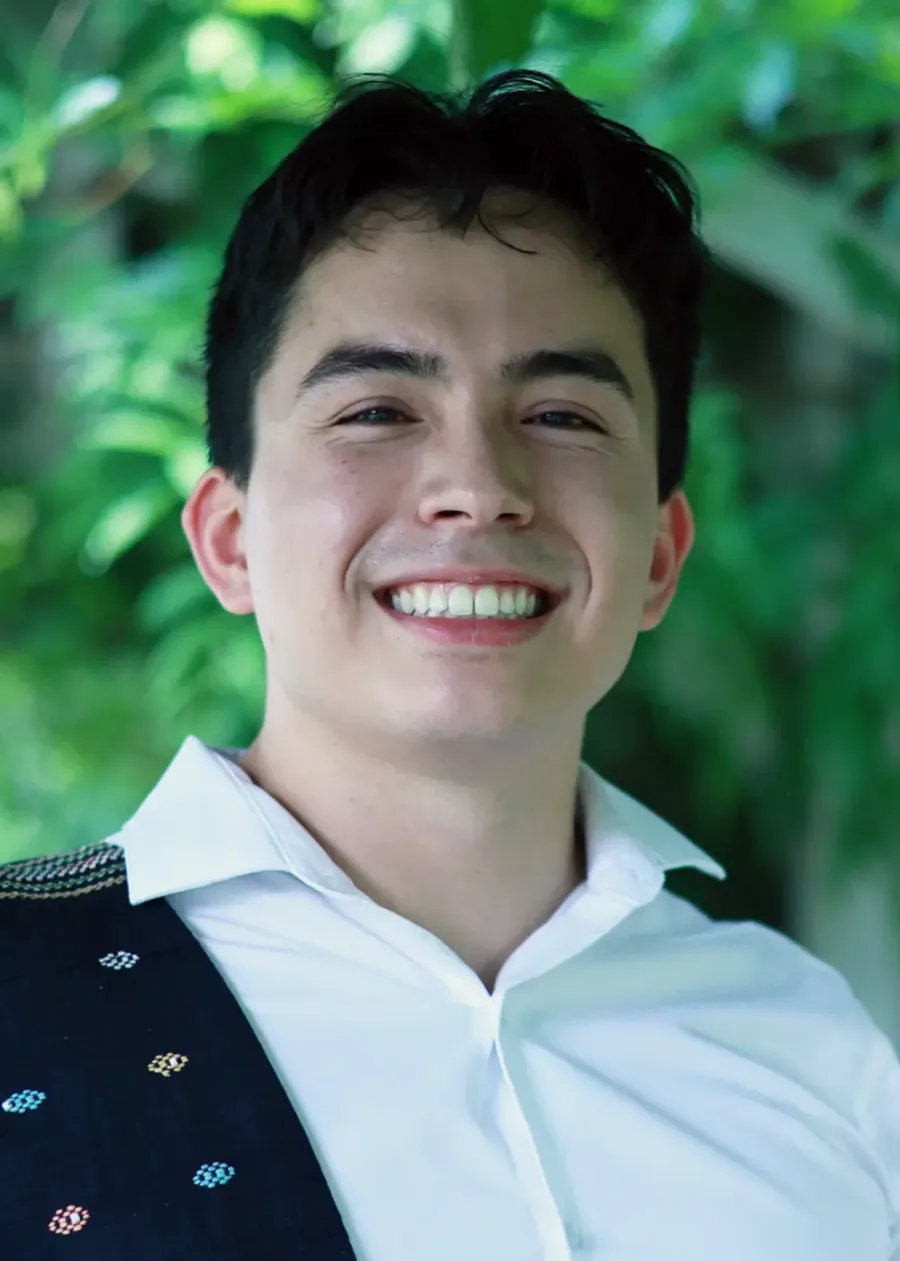What was the initiative?
Lake Toba is Indonesia’s largest lake and home to a natural abundance that sustains 1635 villages and over 2.6 million people. But it is the people that mark Lake Toba as a place of beauty much more profound than just pretty landscapes. For these reasons, its tourism sector has experienced remarkable growth over the past decade with strong leadership from the national government, corporate investors, and the World Bank. However, development strategy at present has perennially failed to invest in the communities that call Lake Toba their ancestral home.
SADA SOLU (“One Canoe”) is grassroots initiative in Lake Toba’s Simanindo District cultivating local digital capacities by infrastructure, education, and local leadership. Damai’s vision is to catalyze communities to action their aspirations by democratizing access to digital resources and skillsets. During his Fellowship year, he placed a strong emphasis on youth leaders as the key vectors of digital transformations in their communities.
SADA SOLU operates across 4 core impact areas:
1. Access and utilization by establishing open-access, community-run digital hubs.
2. Knowledge and skills in the form of trainings, resources, and a range of youth-oriented hands-on learning programs.
3. Community-led governance of local digital strategy by cultivating local champions and establishing community governance forums.
4. Partner engagement to enrich initiative outcomes.
Damai’s work has produced Lake Toba’s first open-access, community-run digital hubs, involved over 25 local champions in community meetings and forums, developed 17 working relationships with local organizations and institutional partners, and co-designed a series of youth writing competitions engaging over 550 students across Lake Toba’s 7 regencies.
What was the community connection?
From Damai—
The people of Lake Toba—my people—are known as the Batak. The gecko is a common motif in our art. Geckos are mysterious; you can only ever catch them in passing as they slither along the underbelly of granaries or old church rafters. They seem to come into creation for those brief moments before vanishing from our lives once again. But if you keep your porchlight on, you can count on a gecko to visit each evening.
At the heart of my Fellowship work was the village of Tuktuk Siadong. It is where my father grew up. He used to tell me of how he’d tend to the water buffalo before school in pastures now turned to homes and stores. Every time I walk the street I am greeted by uncles, aunts, clan members, friends. Tuktuk is my family’s ancestral home, and it is also my home now.
I spent my infancy in Tuktuk but grew up in Canada. In many ways my story is typical: it is the Batak way to leave home to seek opportunities elsewhere. Our villages hold everything but the youth, as if our generation only exists in those interstitial moments under church rafters.
Batak houses rise higher in the front than the back, because parents hope their children will surpass them. It may be the Batak way to leave, but it is the Batak way to come back. After all, the front of the house is where we hang our porchlights. My name is Damai, but in my village I am called Ingot—the simple imperative: “Remember.”
How was it innovative?
SADA SOLU is Lake Toba’s first grassroots digital transformation initiative. Indonesia’s digital development strategy falls short at 3 junctures:
- poor investment in publicly-accessible digital infrastructure;
- little to no community ownership over outcomes; and
- leaving rural communities behind.
And yet, the village is the cultural spirit of Indonesia as reservoirs of Indigenous histories, values, identity, and knowledge. Where lacking in financial capital, communities across the archipelago host a wealth of assets in the form of collective leadership and an insuperable social cohesion.
Damai synthesizes the dynamic and technical nature of digital transformations with the potent transformative capabilities of local communities. His work began with the village, envisioning rural communities at the forefront of creativity and innovation in digital spaces. SADA SOLU prioritizes making digital infrastructure and education more accessible while activating the latent creativity of local champions to learn and lead in their communities.
During his Fellowship year, Damai established the region’s first open-access, community-run digital hubs offering free technologies, trainings, and resources. Every aspect of the hubs from the available devices to training modules was synthesized from community members’ input across age, profession, and gender. SADA SOLU proudly boasts a strategic governance team comprised entirely of local youth champions. Damai and his community continue to work actively in spreading awareness, hosting public forums, and seeking opportunities to engage with communities to position Lake Toba’s people as the architect of their shared digital futures.
What is Damai doing now?
Damai is continuing to develop SADA SOLU to entrench its sustainability plan and scale impact across Lake Toba. He hopes to officially host the grand opening of Tuktuk’s digital hub in October 2025 and roll out a number of digital education programs in the New Year. Damai is also revamping SADA SOLU’s outreach and engagement strategies, including a rebrand and the creation of a website.
Damai is in the process of pivoting SADA SOLU to adopt a social enterprise model. This new iteration of SADA SOLU will maintain its commitment to accessible and community-driven digital development, meaning the digital hubs, trainings, and resources will still be accessible to all community members for free.
Rather, Damai intends introduce a cashflow structure that will employ local people to render specialized digital products and consulting services (web design, digital marketing strategy, etc.) to local businesses. This model upskills villages’ digital capacities by providing employees with hands-on experience in digital livelihoods. At the same time, SADA SOLU helps local businesses penetrate online markets. He also hopes to work alongside local businesses and governments to collect data and analytics that can support the virtual mapping of local businesses and community services. Revenue will support SADA SOLU’s financial sustainability and scalability.
If you are interested to reach out to Damai, you can contact him at info@sada-solu.com.
